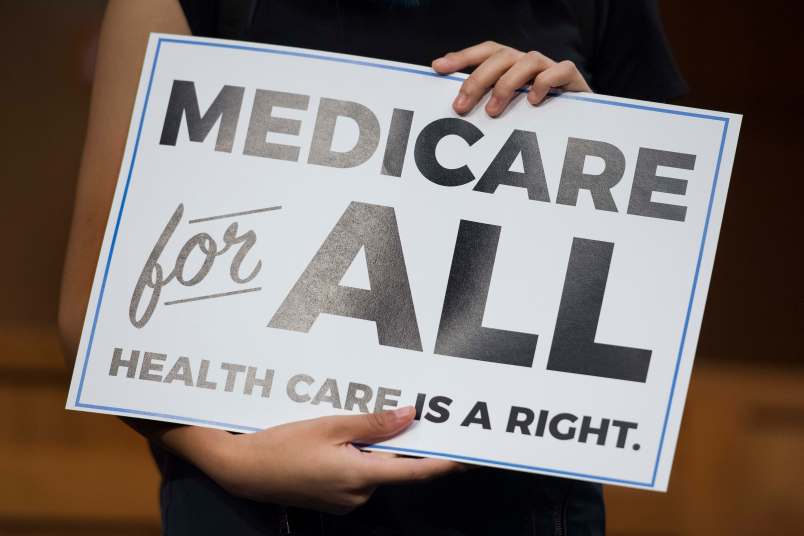In Democratic policy debates since 2016 there’s been a widespread and sometimes near dominant narrative that Medicare for All is the way forward and actually surprisingly popular. You do away with all the rickety Tinker Toys complexity of Obamacare, SCHIP, Medicare, Medicaid, subsidies and exchanges and build out a single payer national health care plan out of the already popular Medicare program. It’s simpler and more coherent. It’s more efficient and thus cheaper. Critically, it’s actually quite popular: polls show that Medicare for All enjoys anything from substantial public support to overwhelming public support, with numbers usually hovering around 70% of the public backing the idea. This led most of the Senate Democrats with any interest in running for President to endorse the plan in 2017. Today all but one of the top tier of candidates are on record supporting the idea.
This also led to a corollary judgment: Democrats who didn’t support such a plan with strong and even bipartisan support must either be hopelessly ossified in old style incrementalist thinking or, more likely, in bed with the health insurance companies.
The problem is, the whole premise is false. A raft of public surveys show that Medicare for All has anything ranging from public support in the low 40s to dismal support down into the 20s. How is that reconcilable with all the polls showing that clear majorities support it? Like most political labels it’s not clear, beyond in an aspirational sense, what “Medicare for All” actually means. Survey after survey shows that when most people hear “Medicare for All” they assume something like a right for anyone who wanted it, regardless of age, to be able to get or buy into Medicare. Critically, most believe they and others would be able to keep their current private coverage if they chose to.


 Members-Only Article
Members-Only Article
